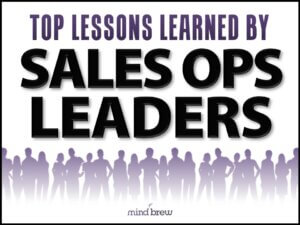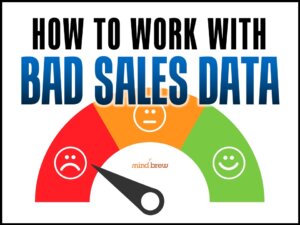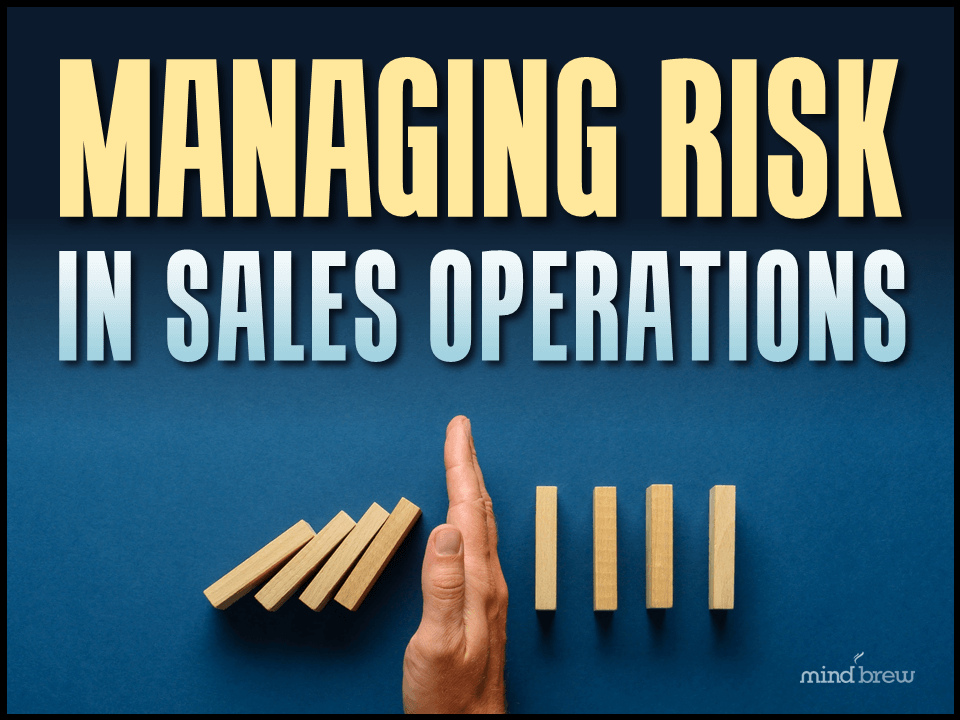Have you ever watched one of the many different “reality” television shows where a person or group of people gets dropped off in the middle of the wilderness and has to survive with limited resources?
The thing that often strikes me about these programs is the way that they highlight universal human challenges. The people in each program are very different from one another. The locations where they are being filmed vary from one episode to the next. But in every case, survival really boils down to three factors: food, water, and shelter. The interesting part of each show is to see how the people involved will figure out ways to acquire those three things when they are scarce.
We find something very similar in sales ops.
Yes, every sales ops team is different, and every market is different. But every sales ops group faces three identical fundamental challenges:
1. Ambiguous Responsibilities.
Other departments like accounting, marketing, and even sales have very clear cut responsibilities and (nearly) universal agreement on what the people on these teams should do. In sales ops—not so much. In some B2B companies, sales ops’ mission and responsibilities are unclear, creating widespread confusion. And it’s certainly not uncommon for two sales ops people at different companies in the same industry to have exactly the same title, but very different roles.
If your sales ops team is going to succeed, you’re going to need to clearly define what you’re there to do.
Of course, we here at SellingBrew have our own opinions on what your role should be. Check out The One-Sentence Sales Ops Mission for our suggestions.
Similarly, The Sales Ops Metrics Manifesto offers tips on the metrics your group should focus on. Keeping your eye on the right numbers can help prevent your group from getting sidetracked by tactical busy-work.
2. Unclear Sales Processes.
Sales Ops is in an ideal position to optimize the sales funnel and sales processes. But you can’t optimize something if it’s nebulous and undefined. And that’s a problem, because nebulous, undefined sales process are far too common in B2B companies.
If you’re dealing with this challenge, we recommend that you begin by mapping out your company’s sales process. The Importance of ‘Critical Path’ in Sales Ops can help you break down your current process to its most fundamental components, and The Big Problem with Some Sales Funnel Stages can help you identify the trouble spots for your organization.
3. Varied Skillsets
Almost no one comes into the sales ops profession with formal training for the role. That can be an advantage when it comes to problem-solving because the team won’t suffer from the kind of groupthink that plagues many other departments. You’ll have lots of fresh eyes looking at every situation.
On the other hand, the lack of formal training means that teams sometimes waste a lot of time reinventing the wheel.
The easiest way to overcome that challenge is to read up on best practices and learn from what industry-leading teams have already done. Two resources that can help are How to Be a Sales Analysis Expert and The Sales Ops Survival Guide.
Having some knowledge of survival skills is always helpful—whether you’re on a reality show or working in sales ops.











